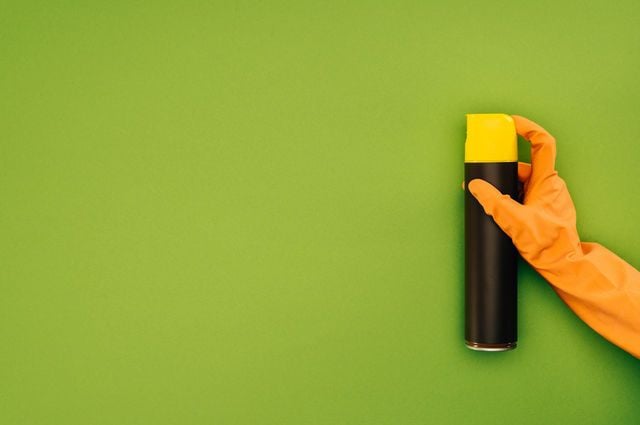Hygiene and Sustainability: How to make both work?
17 experts shared their view
Just when it seemed as if single-use plastics were slowly becoming a thing of the past, COVID-19 hit the industry. The second half of 2019 had seen more and more industry leaders making public pledges to abandon a product group that had become the infamous representative of an old and immoral, linear economy.
A few months later, the former sustainability arch-enemy is experiencing a massive comeback as a hygiene hero. COVID-19 and the fear of future pandemics are radically challenging recent approaches to product circularity/re-use by imposing enhanced hygienic standards. Keeping a strong position against single-use items might impose dramatic acquisition costs and operational distress on businesses slowly recovering from their liquidity breakdown.
Whilst pondering the reputational risk of violating hygiene law on the one side and diminished sustainability efforts on the other, the former is likely to turn up trumps.
The battle for sterility might be won by detergents containing ingredients unlikely to biodegrade in wastewater. Laundry services might cause more emissions due to an average increase of the washing temperature.
Where lies the sweet spot between hygiene rule compliance and sustainability? Must there be a trade-off? Are there Best Practices to share?
Hotels across the world are all implementing new hygiene standards ready to welcome back guests and employees following the Covid-19 pandemic, including Deutsche Hospitality, Four Seasons, Hilton, Hyatt, IHG, NH Hotel Group, Marriott International and Radisson Hotels.
While the health and well-being of guests and staff is obviously a top priority, along with business stability, it is crucial that hotels also think sustainably when developing these new procedures. Strong foundations have been put in place in recent years to reduce single-use plastics across the industry, and we also don't want to see an increase in harmful chemicals and detergents entering the waterways.
We are already seeing from hotel brands though that sustainability and hygiene do not have to be a trade-off. In new hygiene protocols, digitalisation is playing a major role with things like paperless check-out. There is also a move to decrease a number of non-essential items usually found in rooms such as pens and other stationery, toothbrushes and magazines. While other brands are showing that plastic isn't always the answer, with TV remote controls and glasses being packed away in paper bags after disinfecting.
Hotels are also taking this opportunity to explore innovative approaches to cleaning which offer more environmental solutions. For example, electrostatic disinfection is considered an eco-friendly method because it uses up to 65% less chemicals per square foot, and UV light is a chemical-free option for disinfecting.
We should also remember that most single-use plastics are not used front of house. Hotel chain ITC Hotels, which pledged to end the use of single-use plastics, mapped all their usage. While this did include some guest items such as toiletries, the majority related to packaging on bulk items ordered for the kitchen, cleaning or maintenance supplies. As an example, more eco-friendly wooden hangers arrived in plastic wrapping. Therefore, conversations can continue with suppliers on improving sustainable procurement without any compromise to guest hygiene.
And finally, at a time when hotels will be under pressure to manage costs as they re-open, we shouldn't forget that there are measurable benefits to operating more sustainably. Earlier this year, we published the Business Case for Sustainable Hotels which demonstrates the financial, reputational and regulatory benefits of sustainability. The report shows how initial investment can be recovered quickly in the subsequent efficiencies and cost savings. There are also other learnings relevant for post-Covid operations, for example switching to renewable energy sources to manage emissions amid increased laundry services and temperatures. So, as hotels are looking at their businesses and making plans for the future, now is a better time than ever for us all to think about sustainability.


